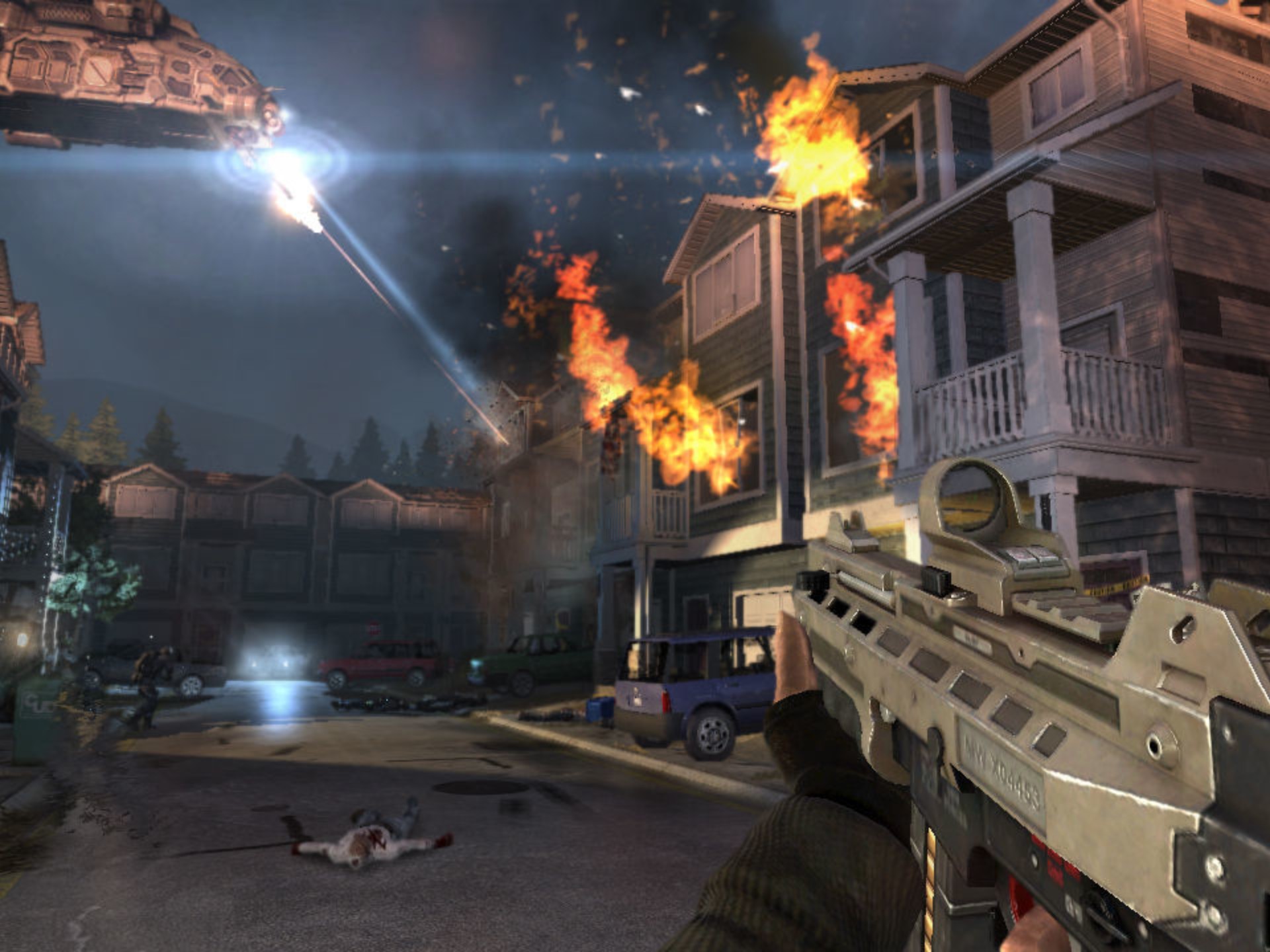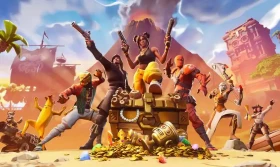Deep Dive: The Biggest Updates Reshaping the Game Industry
The landscape of video games is in a constant state of flux, driven by technological innovation, shifting business models, and evolving player expectations. The past year has been particularly transformative, with several major updates sending ripples across the entire industry. From the seismic shifts in corporate ownership to the quiet revolution of how games are preserved, this is a deep dive into the most significant developments in the world of deep game news.
The Acquisition Wars: A New Era of Consolidation
Perhaps the most headline-dominating trend has been the unprecedented wave of mergers and acquisitions. The most colossal of these was Microsoft's historic acquisition of Activision Blizzard King for a staggering $68.7 billion. After navigating a gauntlet of global regulatory scrutiny, the deal finally closed, fundamentally altering the industry's power structure. This move grants Microsoft ownership of iconic franchises like Call of Duty, World of Warcraft, Diablo, and the mobile juggernaut Candy Crush. The implications are vast. While Microsoft has pledged to keep major titles on other platforms, the long-term strategy clearly involves leveraging these properties to supercharge its Xbox Game Pass subscription service. This creates a content behemoth, forcing competitors like Sony and Nintendo to rethink their strategies. Sony responded by acquiring Bungie, the studio behind Destiny and the original creator of Halo, signaling a fierce battle for exclusive content and live-service expertise. This consolidation trend raises critical questions about industry competition, creative independence, and the future of platform exclusivity.
The AI Revolution: From Novelty to Necessity in Development
Beyond boardroom deals, a technological revolution is brewing within the very tools used to create games. Generative Artificial Intelligence (AI) has moved from a speculative concept to a practical, albeit controversial, development tool. Studios are now implementing AI to streamline workflows, generate procedural content, and create dynamic non-player character (NPC) interactions. NVIDIA's ACE (Avatar Cloud Engine) technology, for instance, demoed NPCs that can engage in unique, unscripted conversations with players using natural language. This promises worlds that feel more alive and reactive. Similarly, tools like Midjourney and proprietary in-house AI are being used to rapidly generate concept art, texture assets, and even initial code structures, significantly reducing pre-production time. However, this update is not without its deep ethical concerns. The industry is grappling with issues of data sourcing, as many AI models are trained on existing artwork without creator consent. Major debates around job displacement for voice actors, writers, and concept artists are ongoing. The future of AI in games will be defined by how developers balance immense efficiency gains with ethical implementation and the preservation of human creativity.
The Subscription Model Evolution: Beyond Day-One Releases
The battle for your wallet is increasingly fought not on store shelves, but in the monthly subscription realm. Xbox Game Pass continues to be the market leader, but its model is evolving. The promise of every Microsoft first-party title launching day-one on the service remains its core strength, but we're seeing a diversification of content. Cloud gaming is becoming more integrated, allowing for high-fidelity gaming on low-end devices. Furthermore, partnerships with companies like EA have expanded its library, making it a more comprehensive hub. Not to be outdone, Sony's PlayStation Plus underwent a major overhaul, tiering its offerings to include a catalogue of classic games and trials of major new releases. Meanwhile, Ubisoft+ and EA Play are establishing themselves as strong genre-specific options. The major update here is the normalization of the "Netflix for games" model. The focus is shifting from merely offering a library to providing unique member benefits, early access, and seamless cross-platform play, making the choice of ecosystem more consequential than ever.
Preservation and Legacy: Giving Classics a New Life
In a welcome trend for retro enthusiasts, game preservation has become a commercial priority. Companies are realizing that their back catalogues are valuable assets. Nintendo, historically hesitant, has embraced this through the Nintendo Switch Online + Expansion Pack service, offering libraries of N64, Sega Genesis, and Game Boy Advance games with added online functionality. This goes beyond simple emulation. Companies like Nightdive Studios have built a business on expertly remastering classic titles such as System Shock and Turok, with updated controls, high-resolution graphics, and bug fixes that respect the original vision. Even Sony, which shut down digital stores for PS3, PSP, and Vita, has seen a partial reversal in policy due to fan outcry, highlighting a growing industry-wide recognition that gaming history is worth saving and monetizing responsibly.
The Emergence of "Platforms Within Platforms"
A fascinating and less obvious update is the rise of ultra-powerful creation tools within existing games. Roblox and Fortnite with its Unreal Editor are prime examples. These are no longer just games; they are platforms where users can create, publish, and monetize their own experiences for a massive built-in audience. Epic Games' vision for Fortnite as a metaverse-like platform is particularly ambitious. By providing creators with a slice of the revenue and the powerful Unreal Engine tools, they are fostering an entire economy of user-generated content. This model challenges traditional game development, lowers the barrier to entry for creators, and keeps players engaged within a single ecosystem for endless hours. It represents a fundamental shift from a game-as-a-product to a game-as-a-service-and-platform model, blurring the lines between player, creator, and consumer.
In conclusion, the deep game news cycle is reflecting an industry at a crossroads. It is being shaped by corporate giants consolidating power, transformative AI tools raising ethical questions, and new business models redefining ownership. Simultaneously, a renewed focus on preservation honors the past while powerful in-game creation tools empower a new generation to build the future. One thing is certain: the only constant in the world of games is profound and relentless change.
















